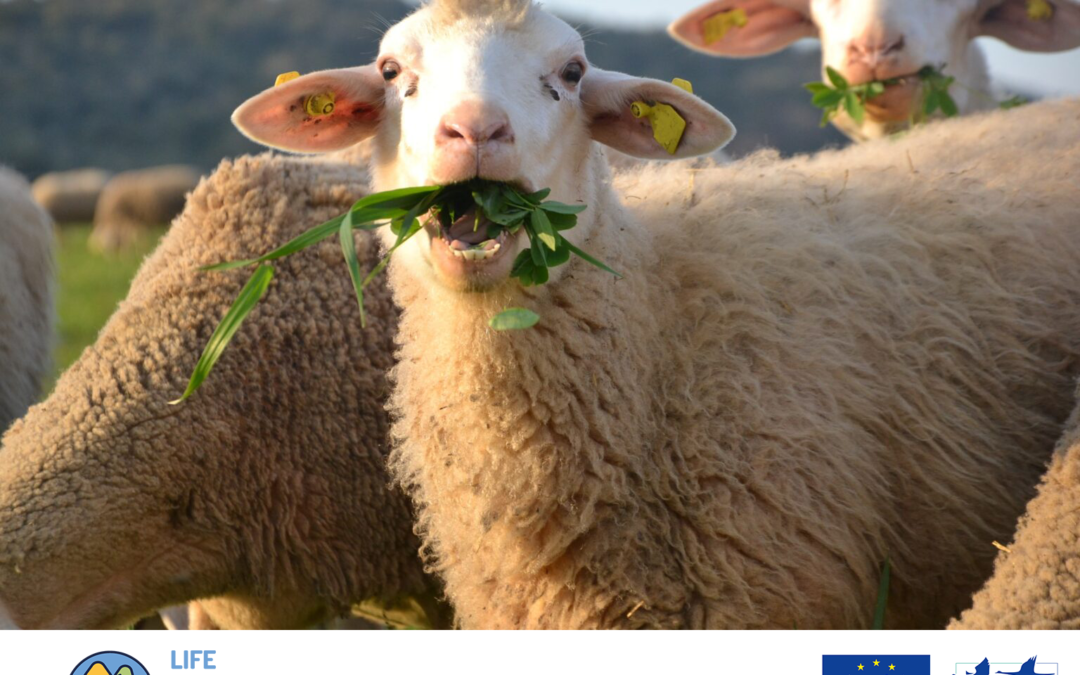On Saturday 22 April at 12 noon at the Officine Capodarno premises in Stia (AR), at the same time with the starting of lessons for the Shepherd School, a press conference will be held to present the course in the presence of the 8 candidates from all over Italy, selected for the classroom and practical training course on local farms.
The Mayor of Pratovecchio Stia Nicolò Caleri, the President of the National Park of the Casentino Forests Luca Santini, Marcello Miozzo and Tommaso Campedelli of Dream Italia will address. The ‘school for shepherds and breeders’ of the LIFE ShepForBio project is a project co-financed by the European Union under the LIFE programme.
The project, whose objective is to improve the conservation status of some open environment habitats (grasslands and pastures) in some Tuscan and Romagna sites of the Natura 2000 Network, envisages among its actions the establishment of a training school for new shepherds, providing theoretical and practical tools to start a pastoral activity. Of the 167 applications, 54 people were admitted for interview, and of these 41 applied for the 8 places available under the project, increased from the initially planned 6. They came from all over Italy.
The students will be engaged with the start of theoretical lessons from 22 April, during the weekends of April and May, and the activities will be carried out thanks to the involvement of qualified personnel made available by the project partnership composed of Dream Italia, the Coordinating beneficiary and 10 other partners (Parco Nazionale delle Foreste Casentinesi, Tuscany Region, University of Florence and Rome – La Sapienza, Unioni dei Comuni del Casentino, Pratomagno, Valdarno e Valdisieve and Romagna Forlivese, Studio Verde and Euromontana), with the collaboration of the Associations DifesAttiva and Rete Appia. The theoretical part will be followed by the 30-day internship at farms in the Park and its municipalities.
La “scuola per pastori e allevatori” del progetto LIFE ShepForBio è un progetto cofinanziato dall’Unione Europea nell’ambito del programma LIFE.

